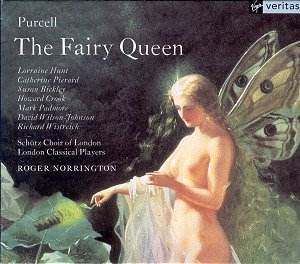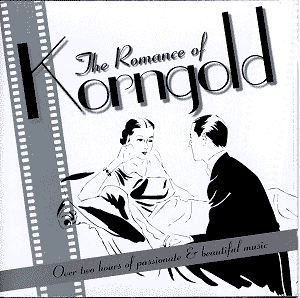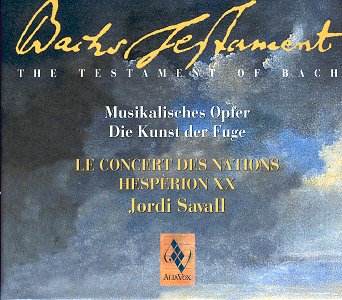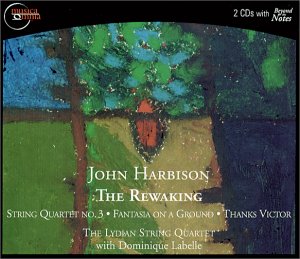 Composer: Henry Purcell
Composer: Henry Purcell
Works: The Fairy Queen
Performers: Lorraine Hunt soprano, Catherine Pierard soprano, Susan Bickley mezzo-soprano, Howard Crook tenor, Mark Padmore tenor, David Wilson-Johnson bass, Richard Wistreich bass, The Schütz Choir of London, London Classical Players, Roger Norrington direction
Recording: November 1993, Lyndhurst Hall, Air Studios, London
Label: Virgin Veritas 5619552
Henry Purcell’s The Fairy Queen, composed in 1692, stands as a remarkable synthesis of English theatrical tradition and the musical innovations of the late Baroque. This semi-opera, loosely based on Shakespeare’s A Midsummer Night’s Dream, captures the whimsical and ethereal qualities of its source material while exhibiting Purcell’s masterful command over vocal and instrumental textures. The work’s enduring popularity is a testament to Purcell’s ability to blend delightful melodies with dramatic narrative, making any recording of the piece a significant contribution to the repertoire.
This recording, under the direction of Roger Norrington, showcases the London Classical Players and The Schütz Choir of London in a performance that is both technically proficient and emotionally engaging. Norrington’s historically-informed approach is particularly evident in the orchestration and ensemble balance, where the forces are judiciously restrained, employing 25 instrumentalists and 23 chorists. The results are sonically transparent, allowing the intricate polyphony of Purcell’s writing to breathe with clarity and grace. The orchestral sound is refined and crisp, devoid of excess reverberation, thus achieving a near-ideal recording quality that serves the music well.
The performances of the soloists merit particular mention. Mark Padmore’s tenor is characterized by its bright timbre and expressive phrasing, particularly in his rendition of “O let me weep,” where he conveys both vulnerability and poignancy. Lorraine Hunt’s interpretation of “Ye Gentle Spirits of the Air” offers a captivating playfulness, enhanced by the lively orchestral accompaniment. In contrast, Susan Bickley’s portrayal of “Even night herself” is a model of dramatic intensity; her nuanced delivery captures the duality of shadow and light that pervades Purcell’s score. However, Catherine Pierard’s interpretation of “If Love’s a Sweet Passion” disappoints, feeling rushed and lacking the emotional depth that one might expect from such a beloved aria. This contrasts sharply with the more expansive interpretation found in Yvonne Kenny’s performance, which builds emotional resonance through its gradual unfolding.
The engineering of this recording is exemplary, allowing each instrumental line to emerge with distinct clarity. The balance between the choir and soloists is generally well-maintained, although there are moments where the choir’s presence overshadows the soloists, particularly in the aforementioned aria by Pierard. Nonetheless, the overall sonic environment is one that supports the dynamic character of the work and facilitates a rich auditory experience.
As a recording of The Fairy Queen, this Virgin Veritas release stands out for its technical merit and the skillful interpretation of its performers. While it may lack the emotional depth found in some other notable recordings, the clarity of execution and scholarly attention to historical performance practices make it a valuable addition to the catalog. The combination of exceptional orchestral playing and accomplished singing creates a celebratory atmosphere that is quintessentially Purcellian. For those seeking a budget-friendly yet artistically rewarding interpretation of this enchanting work, this recording is undoubtedly worth every penny.


